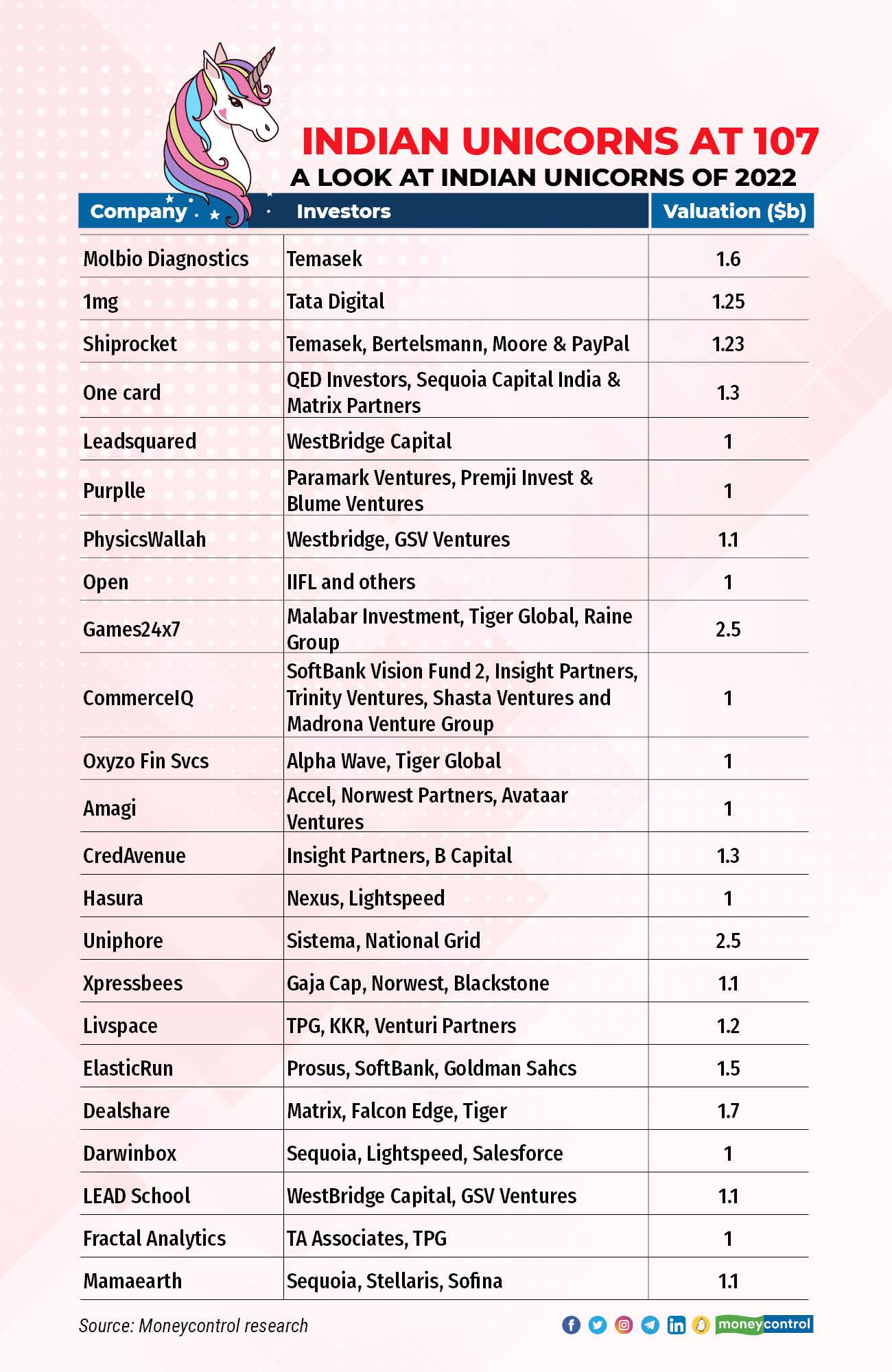



Private equity (PE) and venture capital (VC) firms are seeking an equalisation of long-term capital gains (LTCG) tax for unlisted shares and public stock investments in the upcoming Budget. This is a long-standing request that, if accepted, will likely stimulate private market investments in the country.
At present, the LTCG tax on unlisted stock held for more than 24 months is double that of listed equity shares held for a year. The LTCG tax on private stock investments is 20 percent, while the tax on public stock investments is 10 percent.
In Budget 2022, the government capped the surcharge on unlisted LTCG at 15 percent, lowering the effective tax rate by approximately 16 percent. Previously, the surcharge on unlisted share sales was more than 37 percent. Industry observers believe that, in addition to the surcharge cap, if the government brings parity between the two asset classes, private market investments in the country will increase, assisting startups, particularly during the current funding winter.
The LTCG on the sale of listed equity shares was made taxable with effect from April 2018, before which equity investing was tax-free in India. ‘Long-term’ means that the investor holds the stock for a period of at least a year. The profit earned on selling listed equity shares is called long-term capital gains.
“A lot of money that goes into private companies is used for new asset creation - to build companies, generate jobs, and, contribute to the overall economy. If you look at the stock market, it is the transfer of capital from one investor to another. The company’s fundamentals are seldom affected by the stock price,” said Siddarth Pai, Partner, 3one4 Capital.
“Secondly, the unlisted market is also riskier as it is illiquid. So, there’s a lot more patient capital that ends up going into unlisted companies. Thus the holding period for unlisted securities is longer than listed securities. India is one of the only countries to distinguish between listed and unlisted securities in that sense and despite having the advantages that go into nation-building, these (unlisted) securities are charged at twice the listed tax and so that’s something the industry wants the government to address,” Pai added.
Pai added that India's private markets have very low contributions from rupee-denominated capital due to the high tax rates, which negatively impacts startup investments in the country. India is the third largest startup ecosystem in the world, trailing only the US and China, both of which have significantly more local currency capital flowing into their startups than India.
According to the Economic Survey of 2022, India emerged as the third-largest startup ecosystem in the world, with 61,400 recognised startups and 83 unicorns. As of today, the total number of unicorns has topped 107.

“India’s startups are largely dependent on foreign capital and that’s why you see the current slowdown affecting the startup ecosystem while the public markets are still rising almost every day,” said Pai.
“Because in public markets, we saw the domestic MFs (mutual funds) continuing to invest which led to Nifty and Sensex staying where they are, but startups struggled with drying funding,” he added.
Moreover, according to industry observers, the high LTCG on unlisted stocks distorts the asset allocation decisions of family offices and alternative investment funds (AIFs), as many choose to invest in listed entities despite the lower rate of return, as the LTCG tax on listed shares is half.
“Domestic capital must fuel and also benefit from VC/PE investments in India. Tax arbitrage should not be the basis of investment decisions. The current LTCG system incentivizes investments into short-term (one year) public markets via a 10 percent tax rate against the 20 percent tax rate for long-term risk capital. The MoF (Ministry of Finance) officials have made mention of this and the need to put an end to these aberrations. The gaps have slowly been closing,” said Gopal Srinivasan, Chairman and Managing Director of TVS Capital and Senior Board Member of IVCA (Indian Private Equity and Venture Capital Association).
“We hope the end is nigh, and that this budget will see parity. This means larger private capital pools of fund managers and hence more funds to startups and for growth,” he added.

Discover the latest Business News, Sensex, and Nifty updates. Obtain Personal Finance insights, tax queries, and expert opinions on Moneycontrol or download the Moneycontrol App to stay updated!
Find the best of Al News in one place, specially curated for you every weekend.
Stay on top of the latest tech trends and biggest startup news.